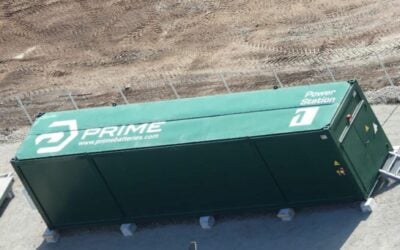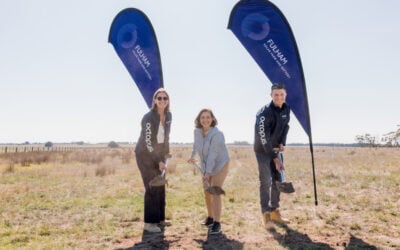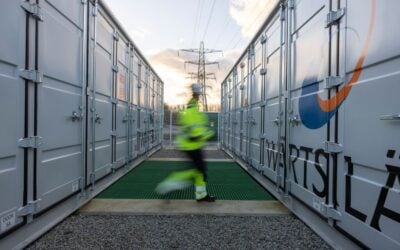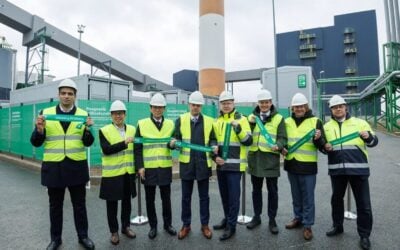
Finnish marine and power technology firm Wärtsilä has ended an 18-month long strategic review of its Energy Storage and Optimisation (ES&O) business, a process which could have led to the firm divesting it.
The firm launched the strategic review of ES&O, its energy storage system integration business, in October 2023 and has today (31 March) announced the end and closure of that review. It had said at the time that the process could result in numerous outcomes, including divestment.
Enjoy 12 months of exclusive analysis
- Regular insight and analysis of the industry’s biggest developments
- In-depth interviews with the industry’s leading figures
- Annual digital subscription to the PV Tech Power journal
- Discounts on Solar Media’s portfolio of events, in-person and virtual
Or continue reading this article for free
“Wärtsilä remains fully committed to developing Energy Storage that will continue to focus on profitable growth, leveraging its project delivery and execution excellence, and growing its recurring revenue,” the firm said in its announcement today.
In a related move, the firm has separated its Energy reporting segment into two, with ‘Energy’ now covering power plants, and a new ‘Energy Storage’ segment dedicated to battery energy storage systems (BESS) and related lifecycle business. It has also reshuffled its management team around this, with existing executive and board member Tamara de Gruyter overseeing the new segment as President of Energy Storage and EVP. Both changes are effective 1 April, 2025 (tomorrow, the start of its Q2).
That means Wärtsilä will, for the first time, provide precise revenue and profit margin figures on a regular basis for the energy storage segment.
“Energy Storage operates in a market with distinct dynamics compared to Energy, and the two businesses have limited operational synergies. Separating Energy Storage into an independent reporting segment will drive further focus on this business in a rapidly evolving industry,” the Wärtsilä said.
Shortly after the strategic review was announced, Panu Laitinmäki, analyst and head of equity research for Danske Bank, told Energy-Storage.news that a potential divestment could have been driven by the lower margins of energy storage compared to the rest of the business (Premium access article). It has higher growth which, combined with lower margins, means an increasingly dilutive effect on group-level margins.
Wärtsilä said today that the Marine and Energy segments will have a combined 5% organic annual growth and a 14% operating margin, while Energy Storage will have at least 10% organic annual growth but only a 3-5% operating margin.
The firm has primarily targeted energy storage projects in the UK, US and Australia, with Australia particularly prominent in recent Energy-Storage.news coverage of the firm’s activity.
The last two years have seen the emergence of more China-based BESS manufacturers and system integrators on the global stage, increasing competition for the Western-based system integrators like Wärtsilä, which appears to have fallen further down the global rankings for deployments.






